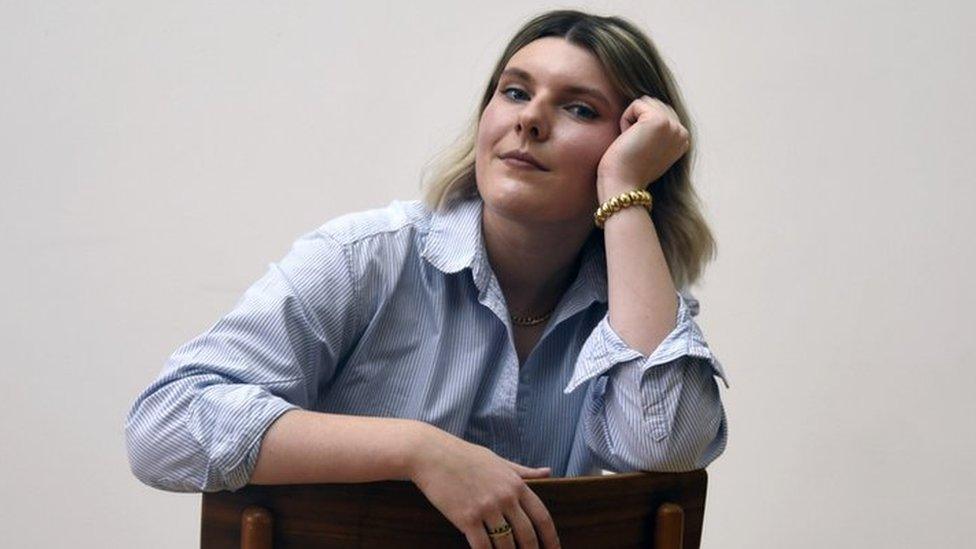Dry January: I spent a year without alcohol
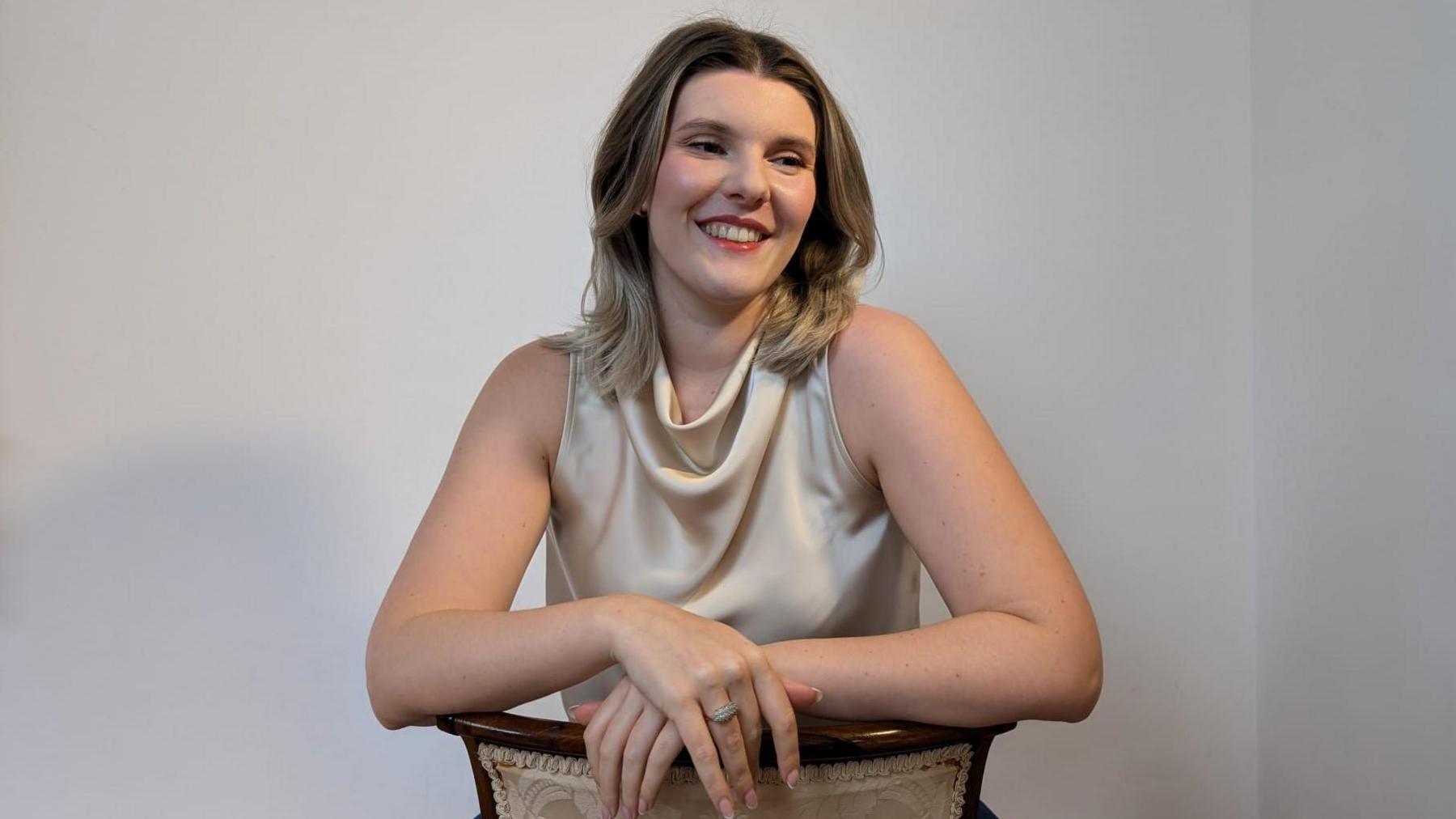
- Published
Exactly one year ago I set out on a personal challenge - I decided to stop drinking alcohol for the entirety of 2024.
It was a decision spurred on by curiosity. What would life be like without a pint after work with friends, a glass of wine at the weekends and celebratory fizz on special occasions?
I don't know what I expected. At 25, alcohol was built into my life. It was synonymous with socialising. How would its absence change things?
Dry January ended as quickly as it arrived. The first month was easy as so many others around me were also not drinking.
I threw myself into the world of non-alcoholic alternatives. From wine to spirit alternatives, I was sampling as many as I could find (or afford - some are quite expensive).
I went to a bar that exclusively served soft drinks, and convinced myself the next 11 months would be easy.
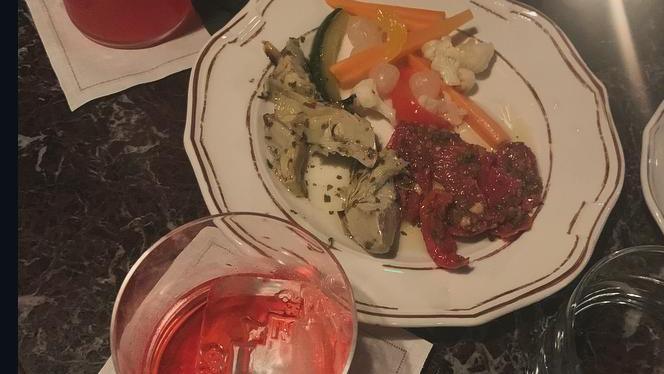
To begin with, I threw myself into the world of non-alcoholic alternatives in the somewhat desperate hope that I would find something to replace wine
Then came February and March, and I realised that my desire to drink was harder to quell than I thought.
I was chasing the feeling that I got after a glass of wine, and I found myself regularly day-dreaming about drinking again.
Months two and three were where willpower came in. I'm stubborn enough to stick to my word - but it was tough.
I spoke to scientists about their research into replicating the buzz from alcohol, hoping to discover exactly why I enjoyed drinking in the first place.
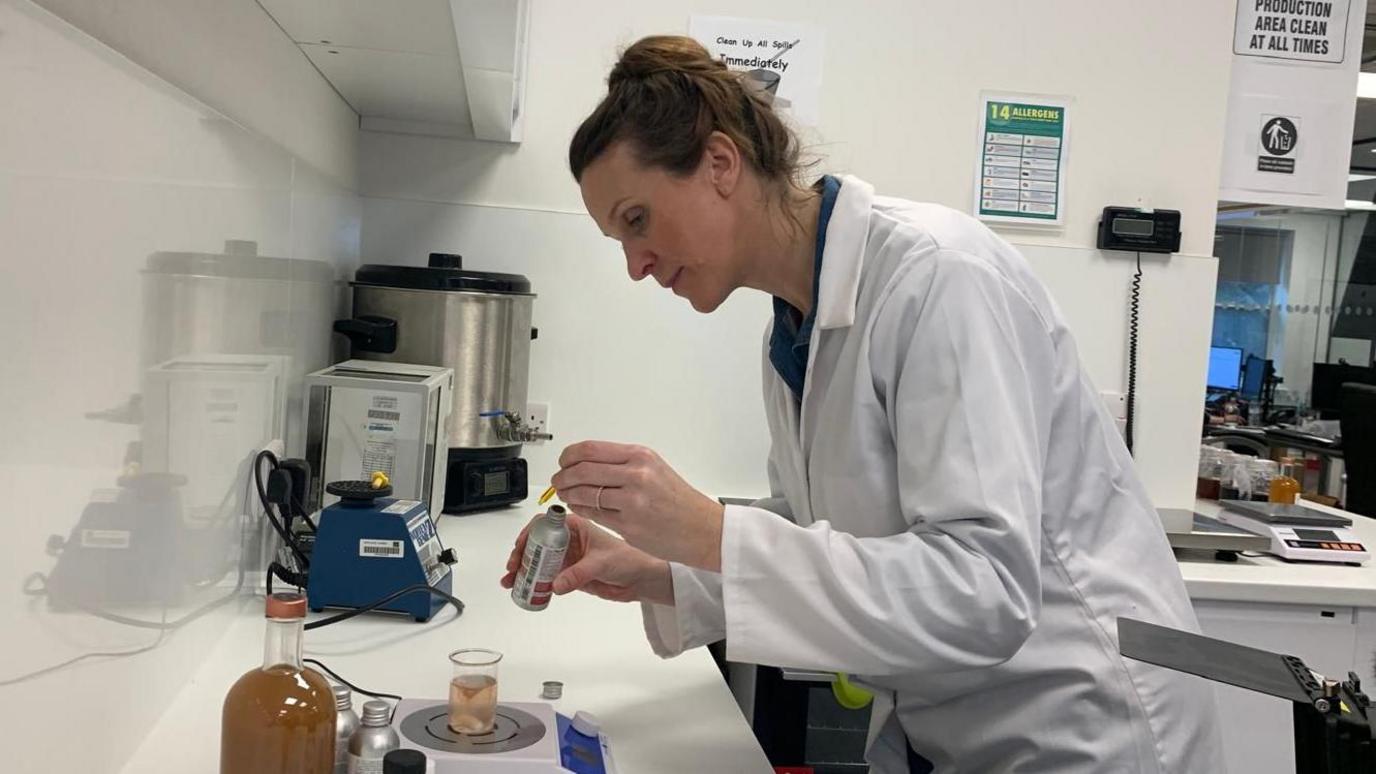
I found out about the impact of alcohol on the brain, and how drinks were being developed to replicate that
By April, things were getting easier. Instead of a glass of wine after work, I was focused on a routine of weightlifting, running and swimming.
At one point I thought about training for a triathlon. That lasted about a week.
But I was feeling consistently healthier. I was waking up earlier and reclaiming my weekends. No longer lying in bed with a hangover gifted by Beelzebub, I felt fantastic.
In the gym my recovery times felt quicker, and my face began changing. Cheekbones made an appearance and inflammation disappeared.
I can't claim to have experienced overwhelming health benefits. I was fairly fit to begin with, and I remain so. But notable differences included better sleep and skin.
I remained in a continued state of good health throughout the year.
I had one cold that lasted five days following a flight, and one sore throat after eating sweets coughed on by a sick child (how I expected immunity I do not know), but no other illness.
Research has found that heavy drinking weakens the immune system. Did alcohol's absence in my life help me stay healthy?
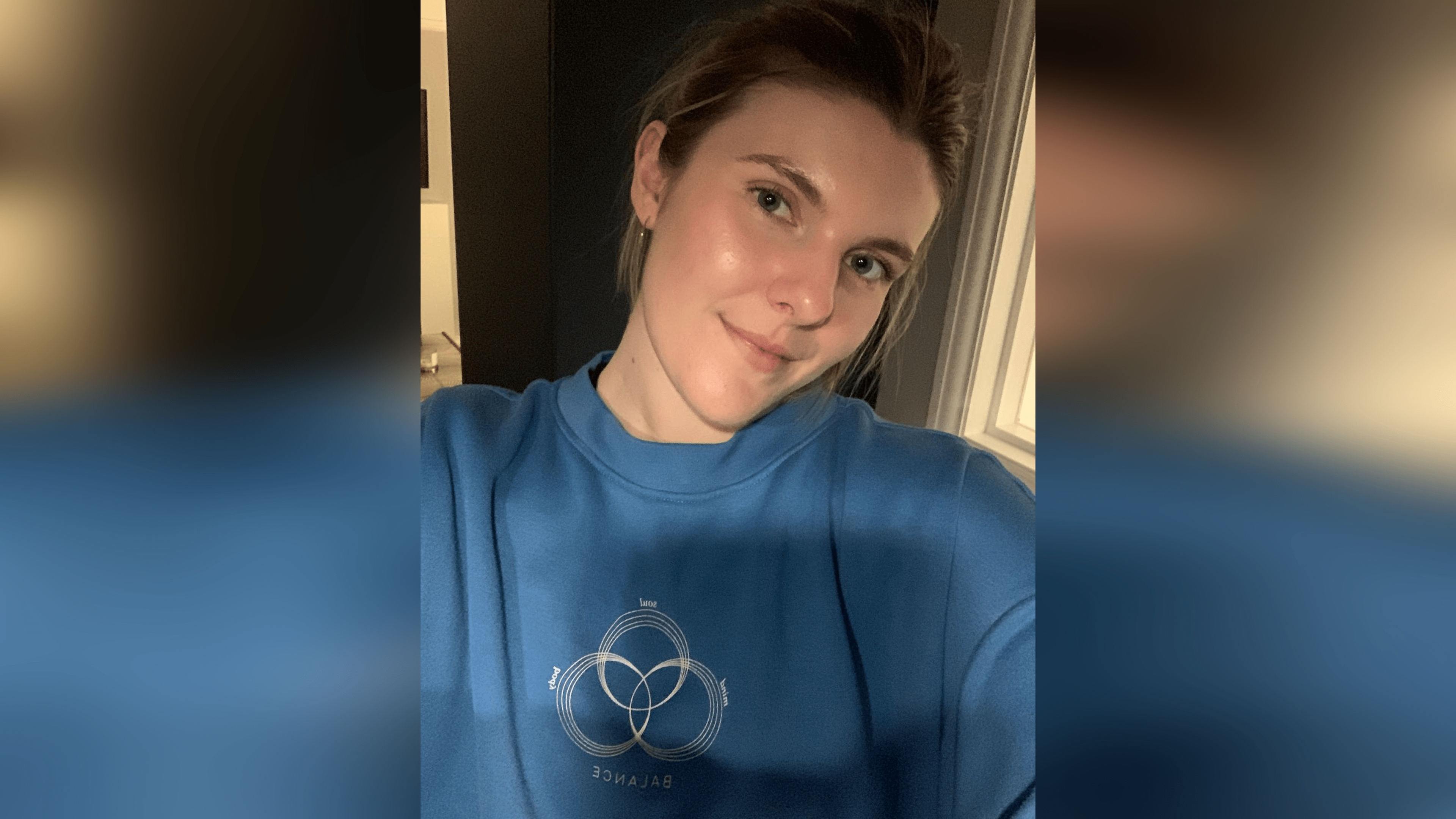
By spring, I was in a regular routine of weightlifting, running and swimming
Summer rolled around, full of celebrations, and I was thrown into a world of socialising without alcohol.
I tried clubbing. Never again. But live music gigs and festivals were fantastic. No longer using those events as an opportunity to drink cider as quickly as a child with a carton of juice, I was focused instead on the friends around me.
I enjoyed the music more, and I felt more present. Birthday parties came and went, and I discovered what it was to really be in the room with the people I love.
At music festivals, I relied on a bag of Jelly Babies in my handbag followed by a late-night coffee to keep my energy levels up.
I also learned when to say no to events I would have typically persevered with, previously leaning on alcohol to help me socialise when I wasn't in the mood.
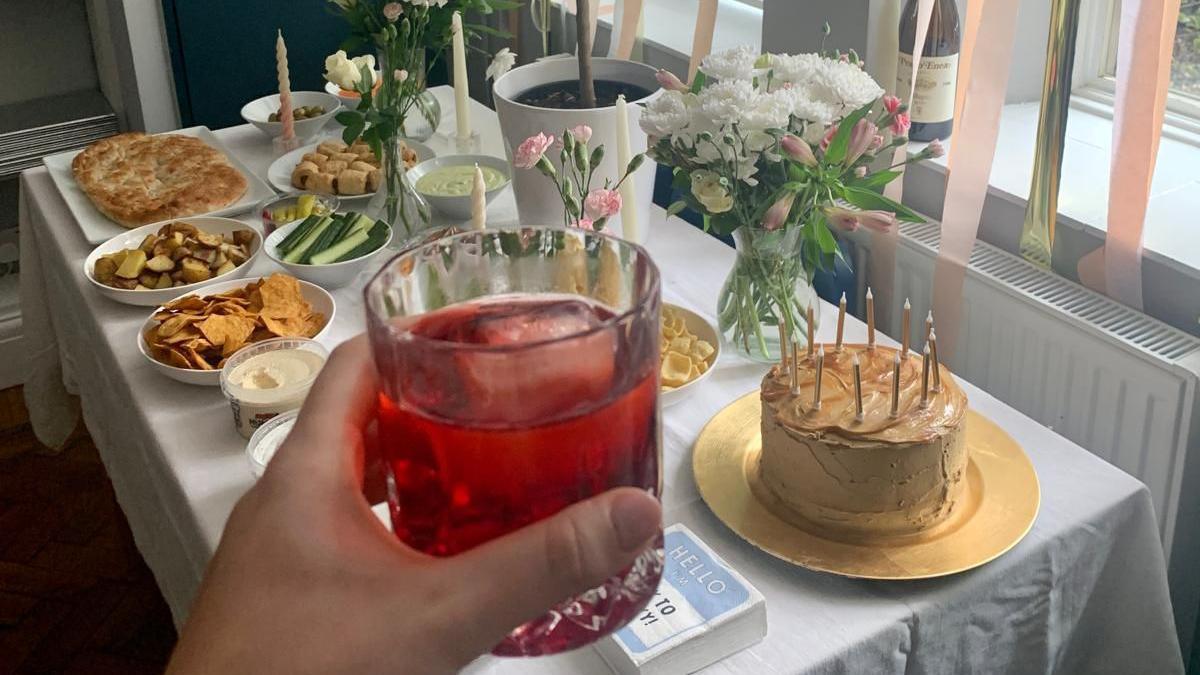
Birthdays were less centred around alcohol, and more of a time to appreciate loved ones
By this point, I was no longer thinking of alcohol, or its alternatives. I'd stopped chasing the buzz and had picked a few drinks I could reliably find in pub fridges: ginger beer, tonic and ice, or a Diet Coke if all else failed.
If I didn't have to maintain a gluten-free diet, I probably would have enjoyed alcohol-free beer but this wasn't an option for me.
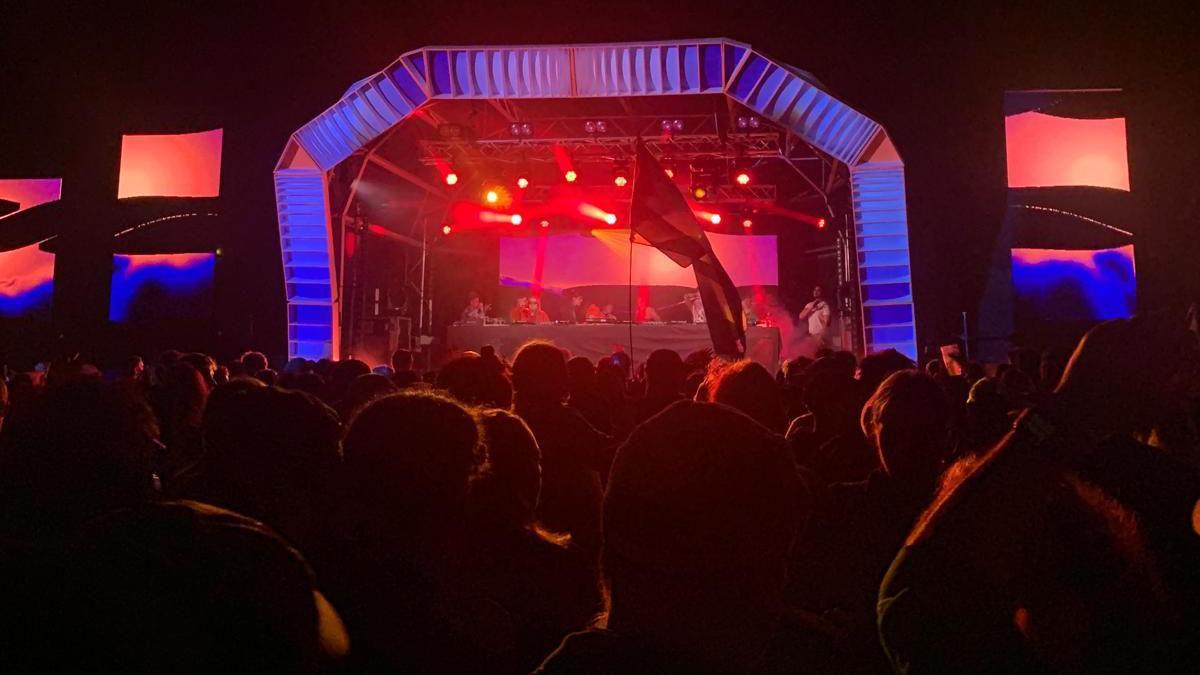
I kept a bag of Jelly Babies in my handbag at music festivals to keep my energy levels up
By autumn, the absence of alcohol in my life was the norm. In fact, I had begun to consider it to be the least interesting thing about me.
Friends and colleagues would ask me about it more often than I thought about it myself. It was simply no longer in my life.
What I was learning was how to manage difficult situations and emotions without resorting to alcohol.
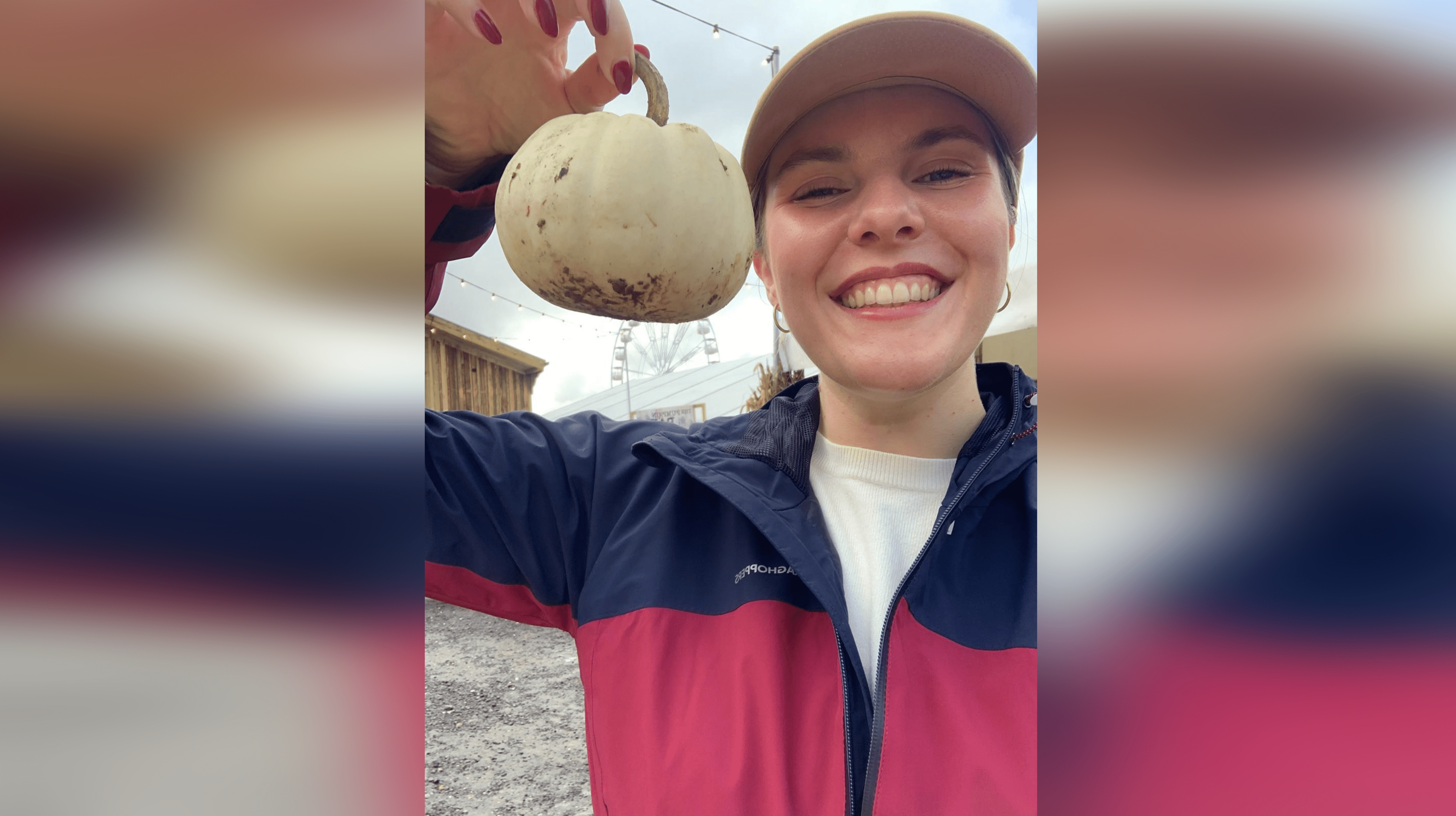
Not drinking alcohol became the least interesting thing about me
I didn't need it to relax, I had other ways of enjoying my downtime. Drinking alcohol wasn't a treat at the end of a hard day, nor was it the celebration of a good day.
And I certainly didn't need it to have a good time. I've deepened friendships and done far more karaoke than I expected without alcohol playing a part.
Above all, I was happier. Life felt less turbulent. I was on an even keel, and I liked it.
As the year drew to a close, many people asked me whether I would drink again.
By now, I had completely changed my relationship with alcohol.
When the year's challenge began, I pictured that celebratory pop of champagne as the clock struck midnight on New Year's Eve.
I imagined the feeling of bubbles meeting my lips, and the dry tang of wine on the back of my throat.
Part of me wants to try it again. Another part doesn't fancy the hangover.
Listen to the best of BBC Radio London on Sounds and follow BBC London on Facebook, external, X, external and Instagram, external. Send your story ideas to hello.bbclondon@bbc.co.uk, external
- Published4 June 2024
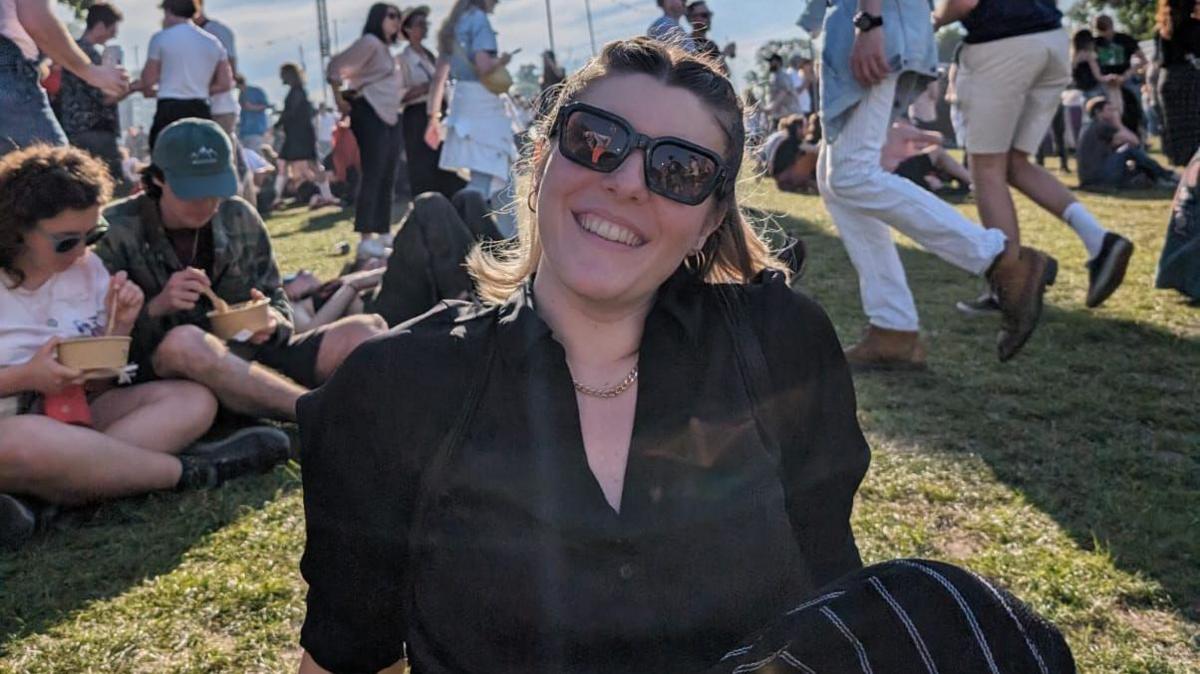
- Published1 March 2024
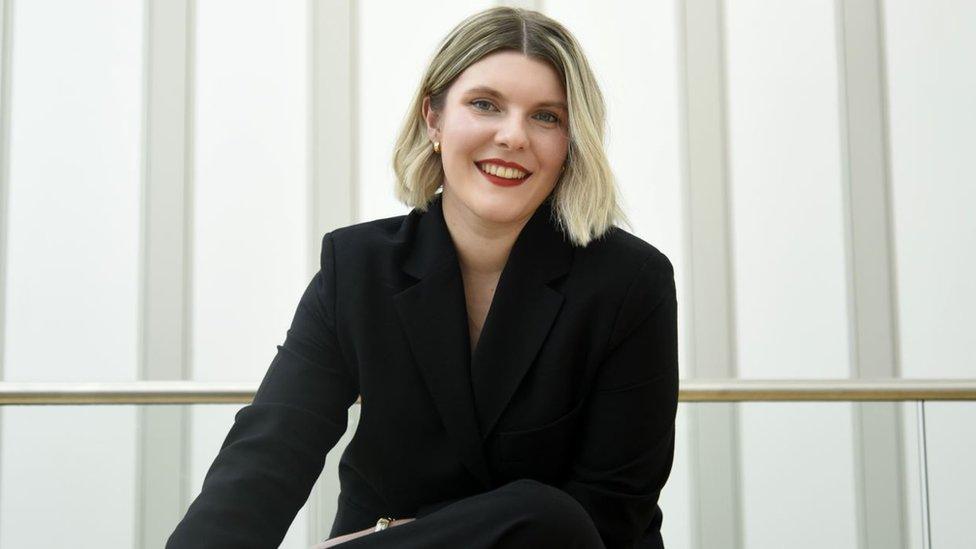
- Published31 January 2024
